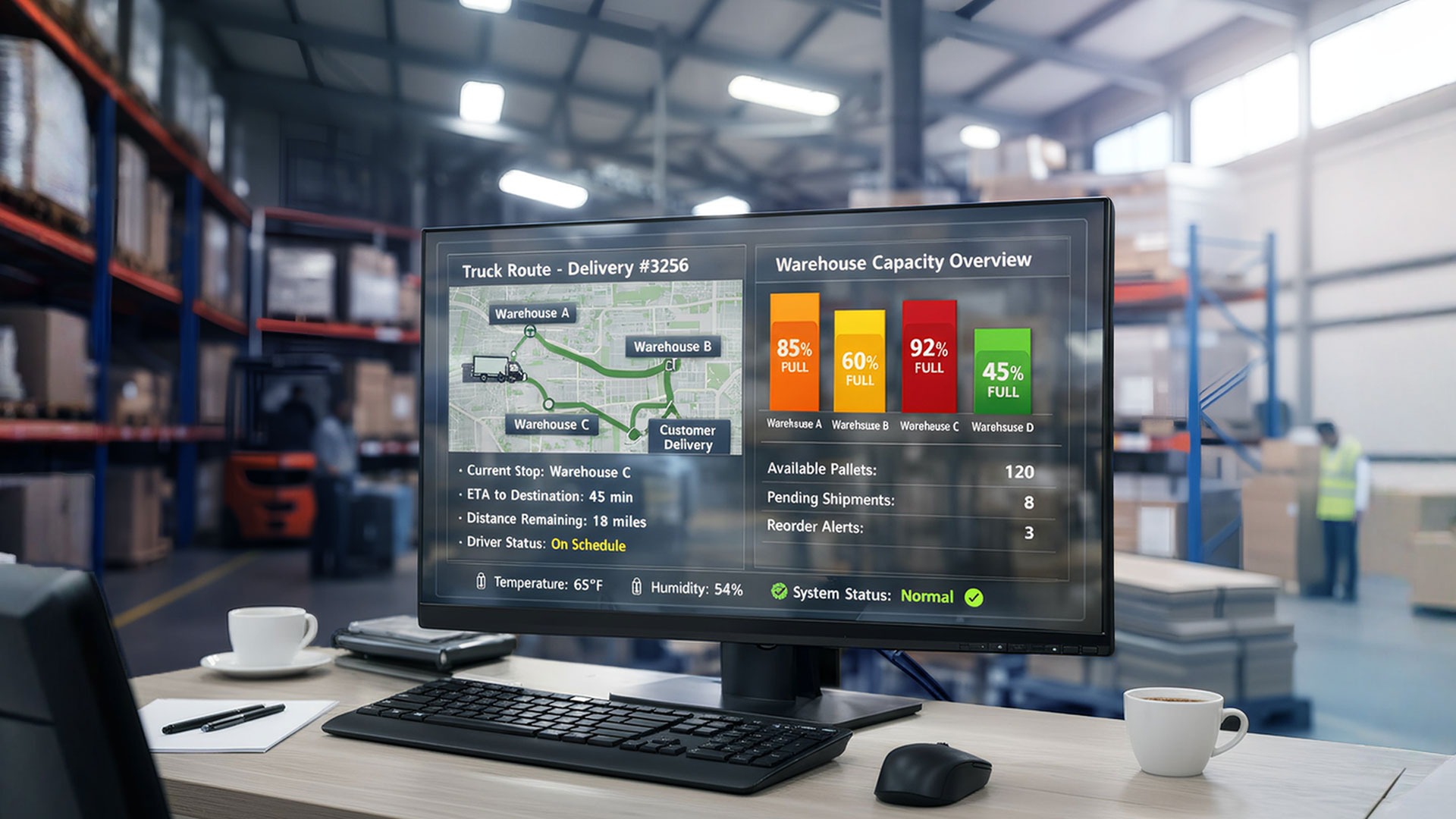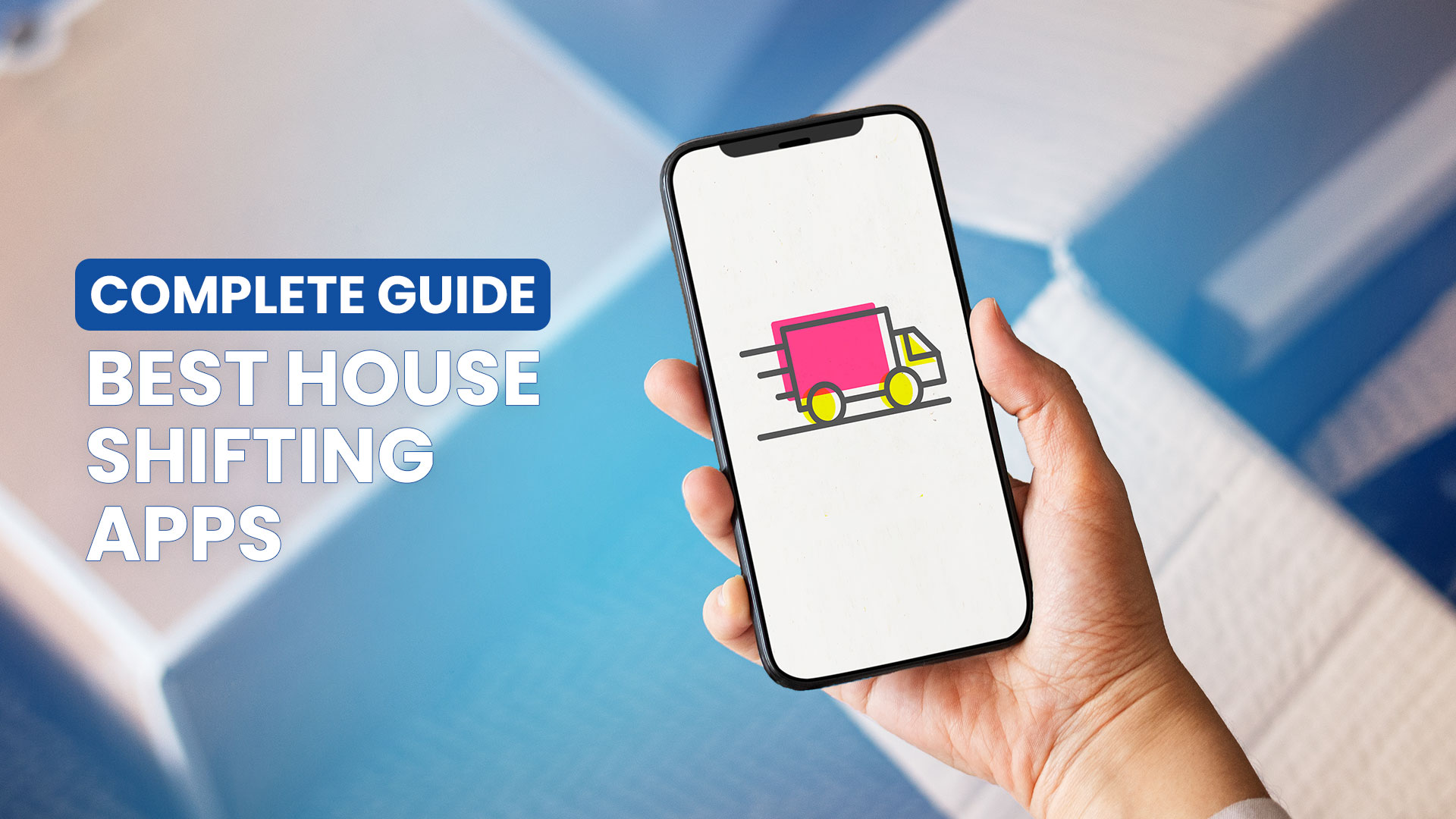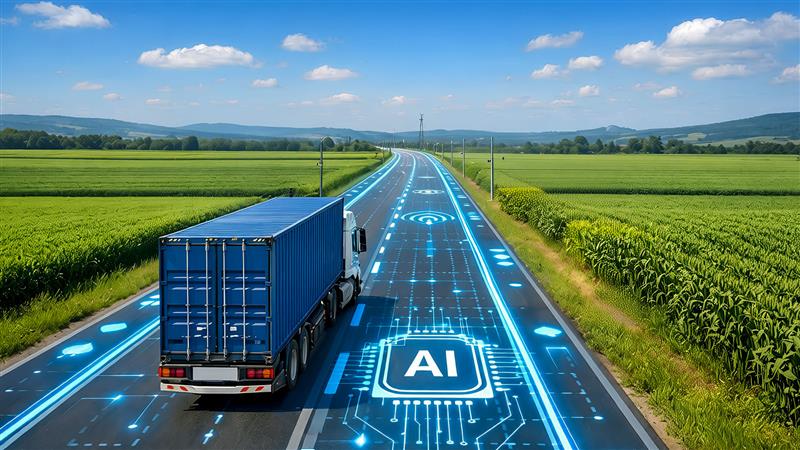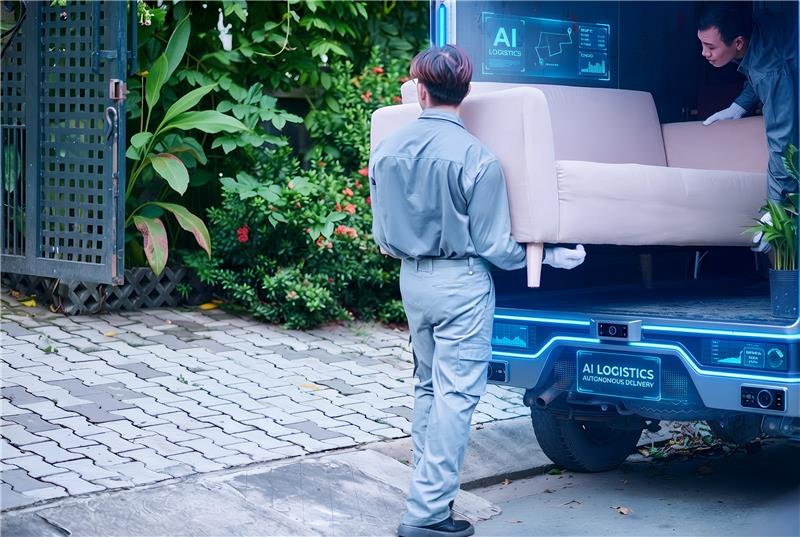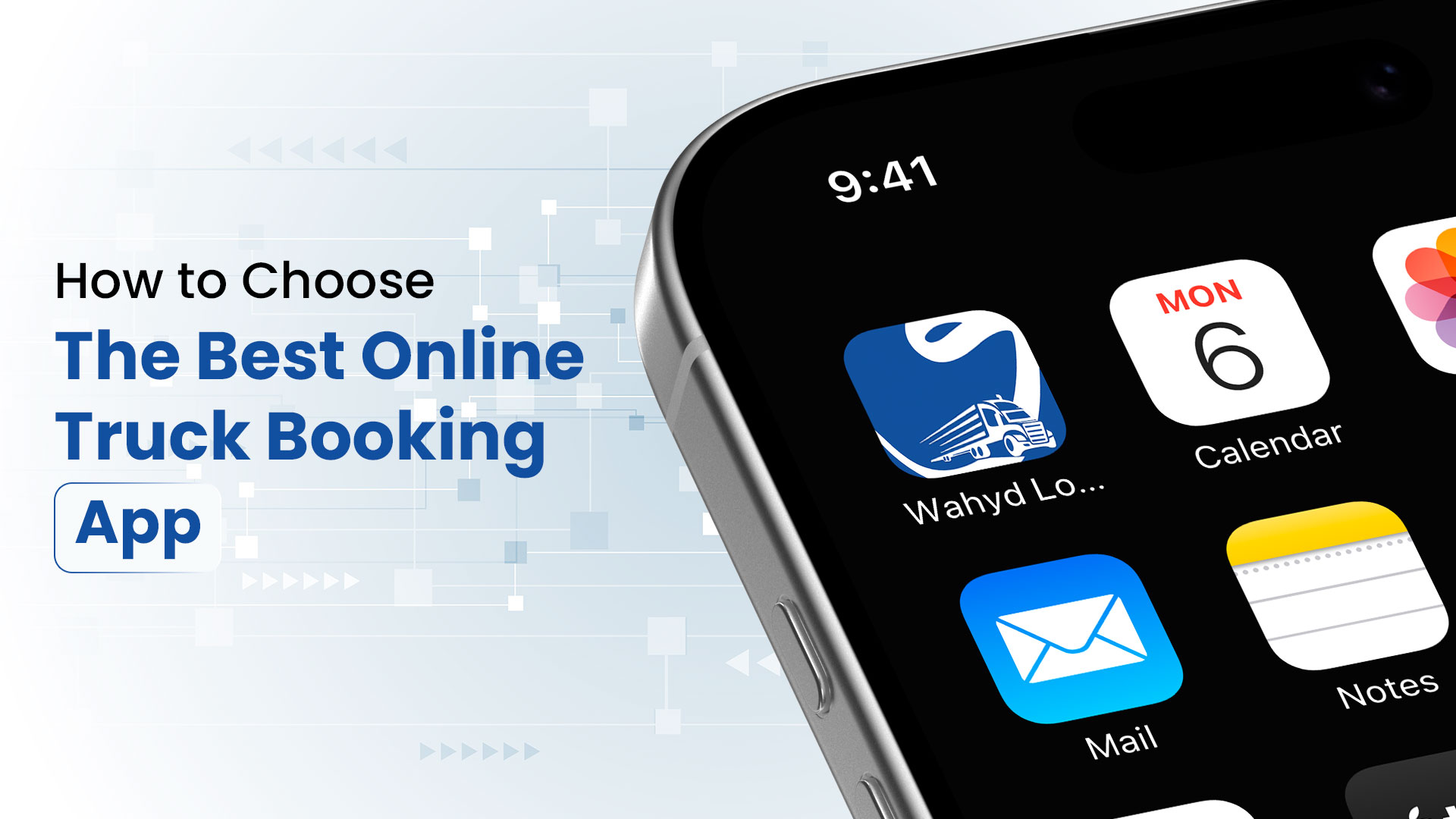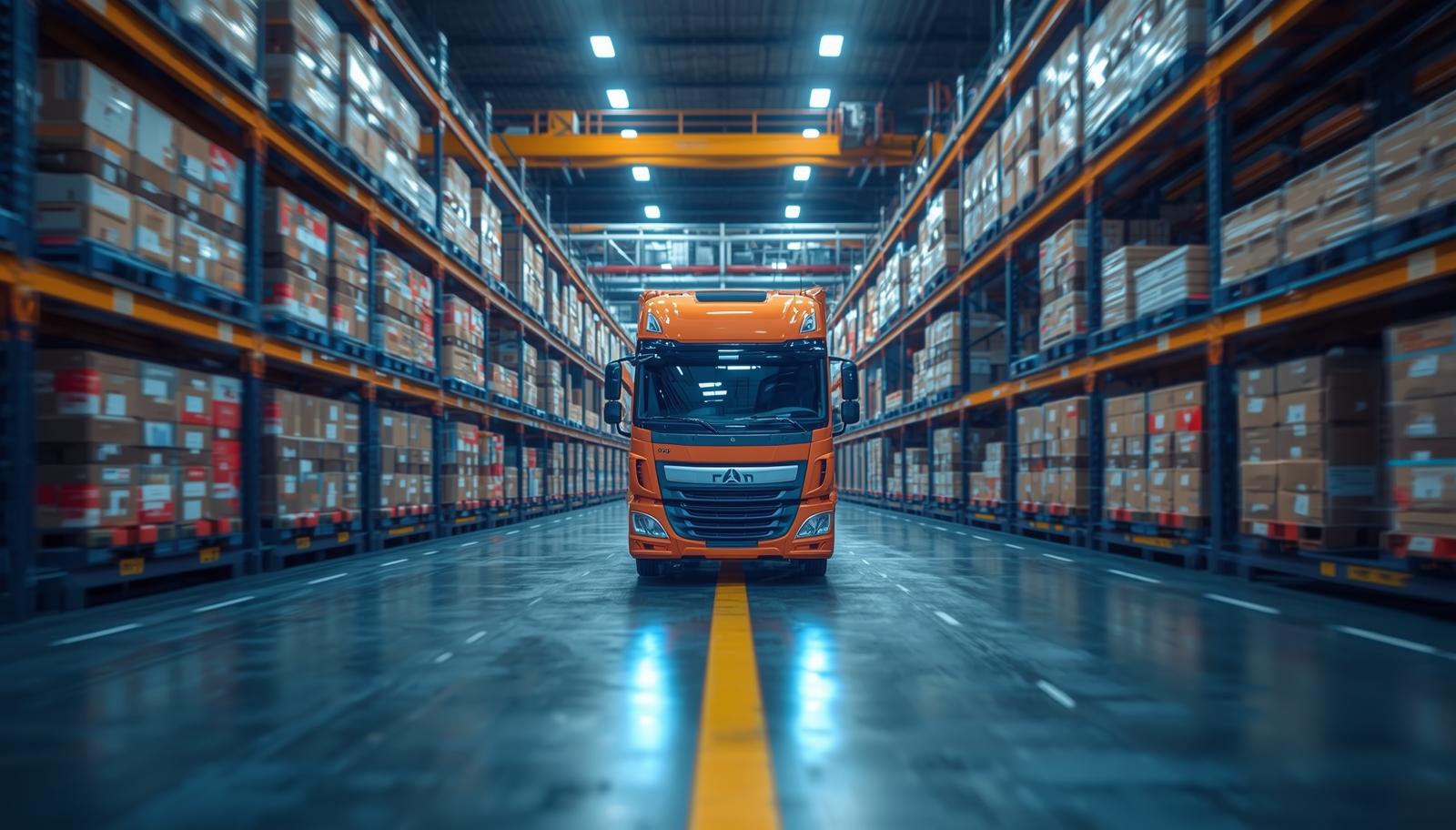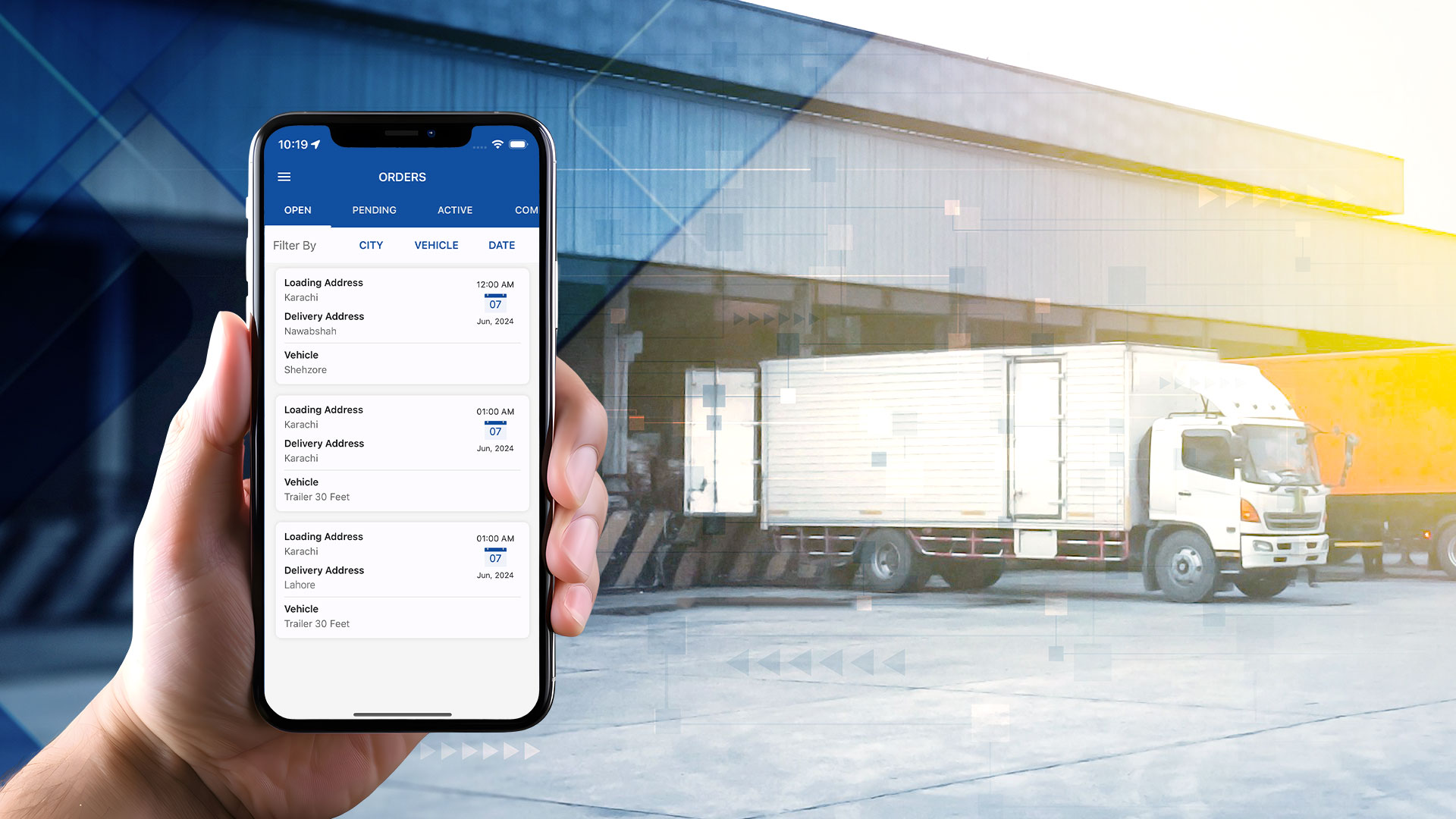
Transporters are dealing with numerous obstacles in today’s highly competitive environment. These include fleet management and cargo tracking, as well as guaranteeing timely delivery and staying within budget. However, the transportation business is witnessing a huge transition as digital tools become more prevalent. These tools do more than maintain the status quo; they raise output, reduce costs, and improve customer service. They help carriers endure in the market by generating ideas and functionalities with the help of which they can still perform in this competitive world, ranging from updated fleet solutions to advanced telematic systems and internet-connected things (IoTs).
We are going to explore how digital instruments are enhancing transportation with real-life examples of their application and advantages. The strength of technology in logistics is revealed by real-time facts and actual cases of people who use them. Get ready for the journey to the very crux of transport digital transformation which can also reveal just how much this revolution has raised the bar as far as efficiency and performance are concerned.
The Digital Transformation in Transportation
In transport digital transformation involves incorporating digital technology into every aspect of logistics, thus totally modifying the way organizations conduct their businesses and creating value for customers. This transformation involves various technologies such as:
- Transportation Management Systems (TMS): With the implementation of transportation management software, SAP and Oracle, which are some of the well-known developers of such solutions, aid companies in arranging, implementing, and tracking the flow of commodities.
- Fleet Management Software: This software provides real-time data about the location where the vehicle is right now, its fuel intake as well as the driving habits of one using it so as to improve how they manage their own set businesses within the transport sector; for example those who use services such as Geotab or Fleet Complete would prefer them above all other alternatives since they enable them adhere to more effective measures concerning both their private vehicles’ maintenance requirements together with promoting increased drivers’ protection measures.
- Telematics and IoT Devices: For instance, gadgets produced by such companies as Verizon Connect and Samsara facilitate continuous tracking and data gathering in real-time by humankind.
- Mobile Applications: Apps such as Logistics Driver and KeepTruckin make the driver’s work easier and more efficient as they provide fuel price comparisons, traffic updates, and route planning.
- Artificial Intelligence and Machine Learning: AI and ML in transportation use sophisticated algorithms for analyzing massive data quantities, optimizing routes, predicting maintenance needs, and enhancing decision-making processes, so as to greatly enhance operational efficiency and cut down costs.
- Blockchain Technology: This technology makes records of transactions in transport that cannot be altered later in order to add security, transparency, and trust together with diminishing deceit. In this way, it makes it possible for goods to reach customers more genuinely in a proper time.
Key Benefits of Digital Tools for Transporters
1. Increased Efficiency and Productivity
Many manual tasks are automated with digital tools. An example of this is a Transportation Management System (TMS) automating load planning and dispatching, thus saving 50 % of the time spent on these activities. Which in turn helps employees concentrate on other strategic matters and elevates productivity as a whole.
2. Real-Time Tracking and Visibility
Transporters always know where their vehicles are at any given time because of the use of real-time tracking. This helps to deal with delays, improve routes, and give customers more reliable delivery time estimates. According to Frost & Sullivan’s study on “real-time tracking”, accurate deliveries improved by 25%.
3. Cost Savings
Digital tools have a positive impact economically in a few different ways. When combined with the fact that it saves fuel, minimizing routings helps cut down on gas usage. It equally helps in reducing instances of breakages due to preventive maintenance. Moreover, automatic invoicing reduces administrative costs. According to a study conducted by the American Transportation Research Institute, the use of a TMS can lead to a reduction of 5-10% in transport expenditure.
4. Enhanced Safety and Compliance
A report from the Federal Motor Carrier Safety Administration (FMCSA) indicates that fleet management systems can lower road crashes by up to 20 percent, while software for driver behavior tracking & vehicle health monitoring helps maintain safe driving habits, enabling compliance to statutory mechanisms.
5. Data-Driven Decision Making
Digital tools gather much data that could enhance decision-making if properly analyzed. For example, observing route results could enable us focus on forthcoming deliveries from previous experience. Firms which utilize data based ideas have seen productivity rise brought about continuous improvements since they started measuring themselves against certain parameters.
Real-World Applications
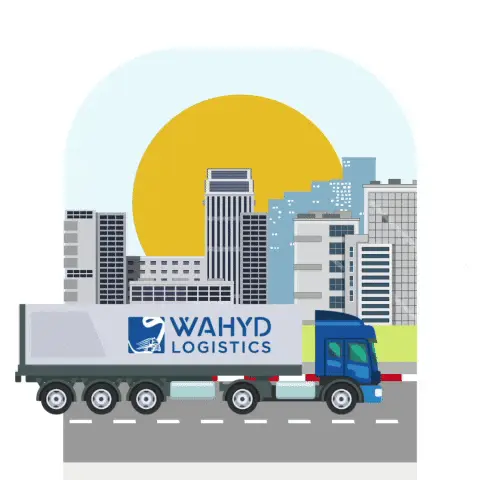
Smart Route Planning
UPS has managed to prove how smart route planning can be a reality through its ORION (On-Road Integrated Optimization and Navigation). By using information from many sources, UPS drivers can use ORION to come up with the most efficient ways hence saving the company about 100 million miles and 10 million gallons of fuel a year.
Predictive Maintenance
When we use data from IoT sensors to predict the failure of one part of a vehicle, it is known as predictive maintenance. This makes it possible for us to repair the part before it causes a breakdown hence cutting off both downtime and maintenance expenses within this context. There has been a report by compelling companies that there is a decrease in service charges by about twenty to twenty-five percent when such models are implemented.
Blockchain for Supply Chain Transparency
Providing baked-in-the-cake transactions history creates a more transparent logistics field and guarantees that goods are legitimate as well as deterring counterfeiting cases by use of blockchain. For example, IBM and Maersk initiative in blockchain: TradeLens as it increases efficiency throughout the logistics process.
Mobile Apps for Driver Efficiency
Logistics Driver and similar mobile applications help drivers in finding the top routes, comparing prices of gas and giving updates on traffic in current time. This helps them do what they do in a more efficient way. Drivers who use such applications have said that their fuel consumption has gone down by 15%.
The Future of Digital Tools in Transportation
In the improvement of this intelligent and connected logistics network, future transportation relies on the greater use of such tools. Even more ground-breaking is the industry-changing effect autonomous vehicles, drone deliveries, and advanced AI-driven predictive analytics are bound to have in the near future.
With current advancements in technology, truck drivers that accept such changes can easily maneuver through the ever increasing complex market dynamics brought about mainly by rapid technological advancements. By embracing digital transformation, transporters can achieve increased productivity, safety and financial gains, thereby making their logistic operations more adaptable.
Conclusion
Even as we speak, digital tools are changing how people move around so that those who own transport businesses are able to work using less money than before but still making sure that their vehicles function without any problems in terms of speed or safety, thanks to these transforming systems. Transport service providers would therefore do well in acquiring Transportation Management Systems (TMS), fleet management software programs, telematics solutions together with mobile applications to improve service delivery thereby competing favorably in the dynamic logistics industry. The key to success in this digital era is to use these tools and take advantage of the data they offer for achieving continuous improvement.
The transportation industry is moving towards digitalization not only as a trend, but as one of the requirements. In the sector, all transporters who direct resources to electronic gadgets will be able to not only optimize operational processes significantly but also offer improved customer experience which ensures prosperity for the sector.
How Can Wahyd Logistics Help?
With expertise in Logistics and a long list of happy customers, Wahyd Logistics is always committed to providing seamless logistics services that cater to your business requirements.
We are here to offer you hassle-free and customized logistics solutions, so you can do more with your business while we handle all the challenging tasks!
Contact our logistics experts today and we will be happy to help with your logistics.

